Residents call for Cronulla waters to become protected marine area after blue groper death
A group of Cronulla residents want to see Cronulla’s coastline better protected so marine life can prosper after a blue groper was illegally targeted by a spear fisherman.
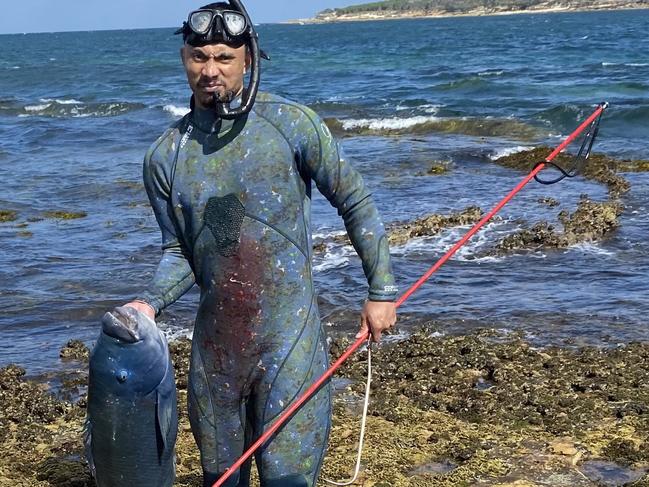
St George Shire Standard
Don't miss out on the headlines from St George Shire Standard. Followed categories will be added to My News.
A group of Cronulla swimmers deeply saddened by the illegal killing of a blue groper have called for greater protection for marine life in Bate Bay.
A man was issued with a $500 on the spot fine by NSW Police and a $300 fine by the Department of Primary Industries after he used a spear to kill the blue groper at Oak Park Beach on December 30.
It is illegal to take a groper by any method other than a line or handline.
A group of swimmers, organised by Peter Green, carried out a memorial swim at Oak Park last week dedicated to the fish, who they believe was beloved “Gus”, who lived in the area for 30 to 40 years.
Mr Green wants to see the Bate Bay area become a protected marine sanctuary to “stop the needless and heartless acts against our fish friends”.
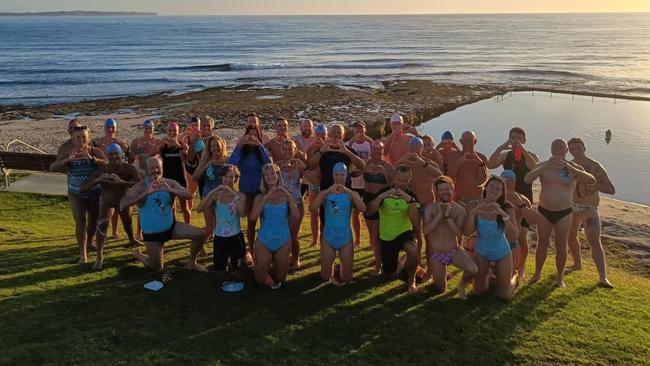
He is calling on the DPI to declare Bate Bay a marine protected area and aquatic reserve.
“The area should become a sanctuary for marine life so they can integrate with people who enjoy the water through swimming, snorkelling and scuba diving, without fear,” he said.
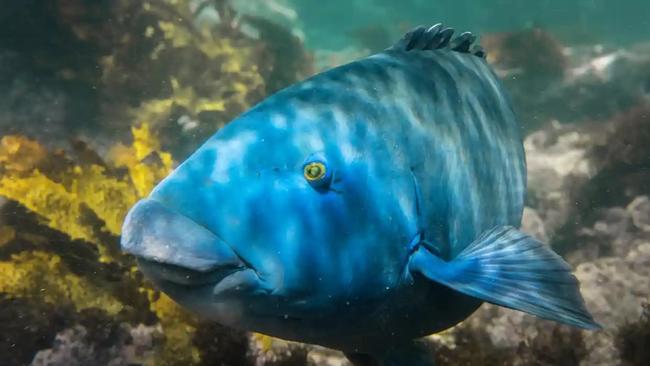
“There is a lot marine life in the area and as an avid swimmer I have seen everything from dolphins, whales, turtles and heaps of fish and there are a lot of blue gropers.
“The protection should also extend to crustaceans.
“We want a legal requirement that negates anyone taking marine life out of the area.”
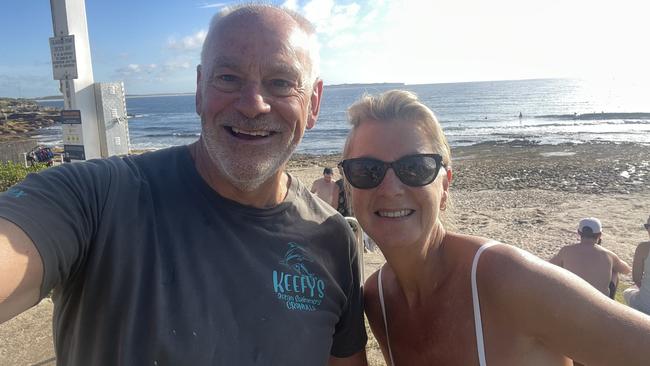
A DPI spokeswoman said there was Boat Harbour Aquatic Reserve at the northern end of Bate Bay and Shiprock Aquatic Reserve in Port Hacking.
Mr Green would like to see that classification extended to cover more of the Port Hacking and Bate Bay.
Marine protected areas conserve marine biodiversity and support marine science, recreation and education.
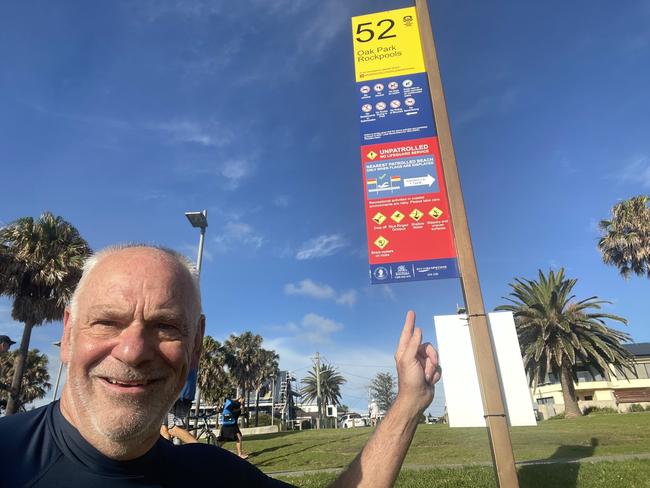
The areas are in place alongside NSW fishing rules and regulations including closures, bag limits and size limits.
Boating, scuba diving, snorkelling and swimming are allowed in aquatic reserves, while fishing activities depend on the biodiversity values of the area.
Fishing is permitted in some reserves as long as bait is not collected, while in others fishing is prohibited partially or fully.
A DPI spokeswoman said “proposals for new marine parks or aquatic reserves require broad community engagement and must propose a range of social, economic and ecological benefits along with any key evidence-based threats”.
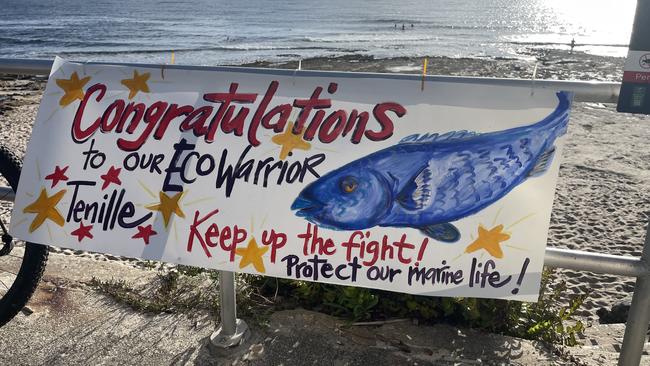
Carolyn Piek, who took a photo of the spear fisherman holding the groper, said she wanted to see larger signage more clearly stating spearfishing was prohibited in the area, along with more awareness and education of the rules.
“The signage is not good enough. You can walk past it and not see it,” she said.
“We don’t want signs all in our faces at the beach but people aren’t aware of the boundaries of where they can spear fish.”
Mrs Piek said she and other swimmers had noticed a decline in fish numbers and sea urchins and wanted the area to be protected in the future, from Jibbon Beach to Oak Park Beach.
“It would be great to make that area into a marine sanctuary,” she said.
“It would be wonderful to have real protection laws.”





